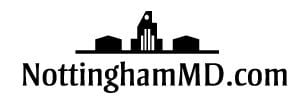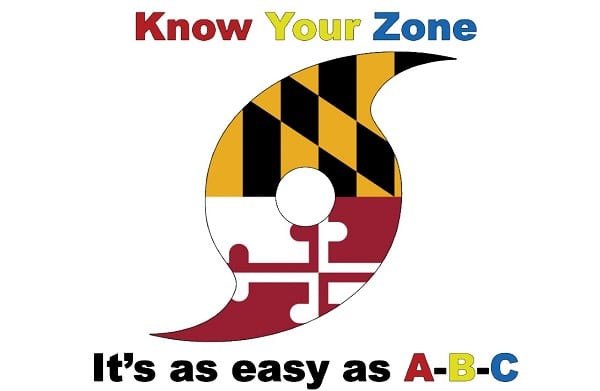BALTIMORE, MD—The Maryland Emergency Management Agency is updating response procedures to include COVID-19 components as it plans for the 2020 hurricane season, and encourages Maryland residents to do the same. Disasters will not wait because of the SARS-CoV-2, the virus that causes COVID-19, and evacuation, sheltering, and access to essential preparedness items will be different than in years past.
“We all need to take a closer look at our hurricane preparedness because of COVID-19,” said Russ Strickland, MEMA executive director. “It is more important than ever to make sure you have a family emergency plan and be ready to follow the directions of local emergency officials.”
MEMA has been working with other state agencies, local, and federal partners to update hurricane —and all natural hazards— plans for the months ahead. Planners are working to identify shelters with less open space and more individual rooms, such as hotels and motels, apartments and rental properties.
It also may be important to allow extra time to evacuate because shelters might be farther away.
Marylanders also should Know Your Zone to see if the places you live, work or visit are in one of Maryland’s three evacuation zones. The Know Your Zone program allows local emergency officials to order evacuations by letter zones (A, B and C).
Officials say hurricanes can spawn flash floods, severe thunderstorms, and tornadoes many miles away form the eye of the storm and 100 miles or more inland.
Here are some additional considerations while planning for hurricanes and other hazards during the COVID-19 pandemic:
- If you must evacuate, bring items such as hand sanitizer, cleaning materials, and two cloth face coverings per person. Children under 2 years old, people who have trouble breathing, and people who cannot take the cloth face covering off without help should not wear cloth face coverings.
- Pay attention to emergency information and alerts.
- Determine your best protection for high winds and flooding.
- Keep in mind that your best protection from the effects of a hurricane may differ from your best protection from disease.
- Unless you live in an evacuation zone, make a plan to shelter-in-place in your home, if it is safe to do so.
- If you live in a mandatory evacuation zone, make a plan with friends or family to shelter with them where you will be safer and more comfortable.
- Check with local authorities for the latest information about public evacuation shelters.
- Only use outdoor generators that are at least 20 feet away from your home and away from windows, doors, and vents.
- Do not walk, swim, or drive through flood waters.
To receive alerts, tips, and resources related to COVID-19 and other threats and hazards affecting or that may affect Maryland during this hurricane season and beyond, text “MdReady” to 898211.

